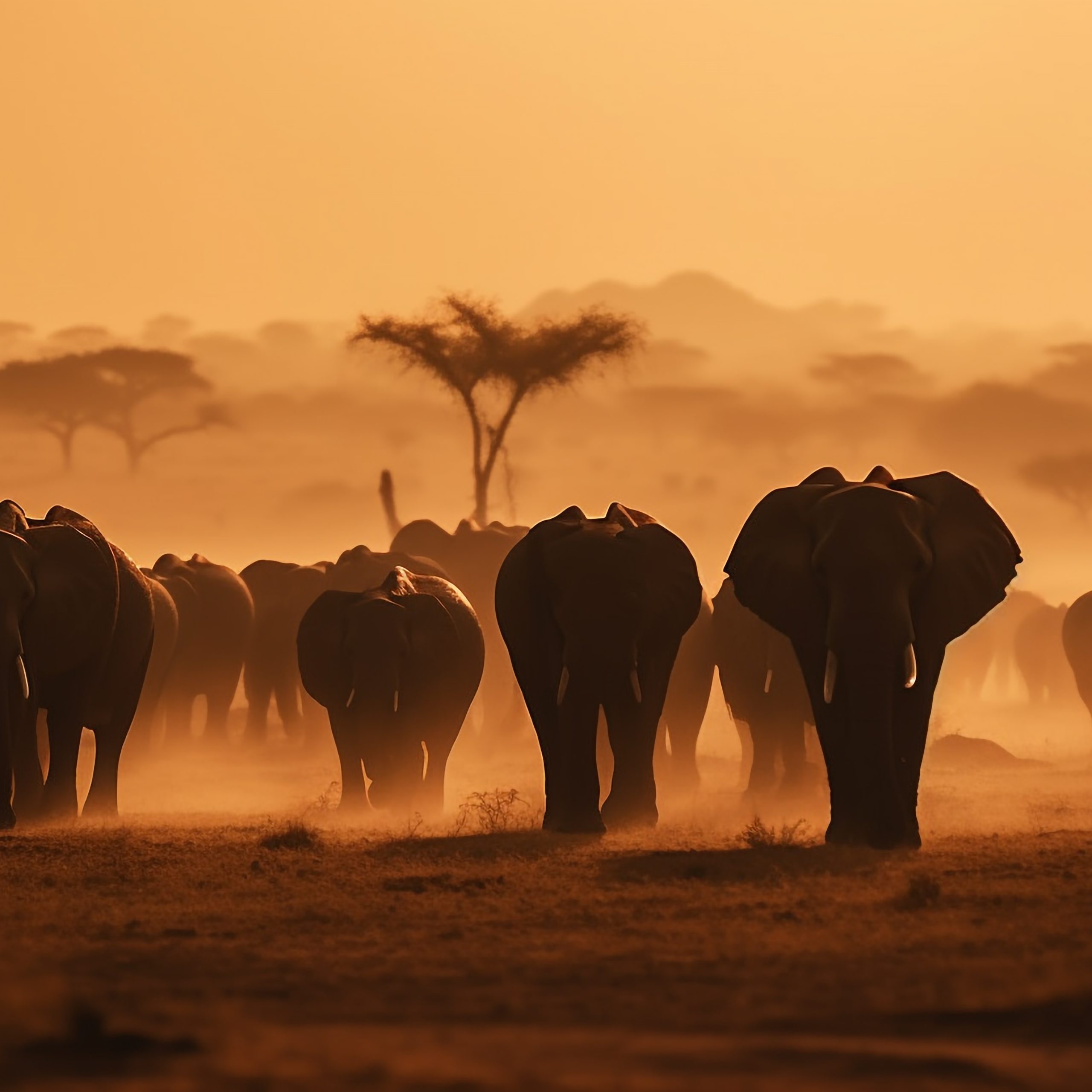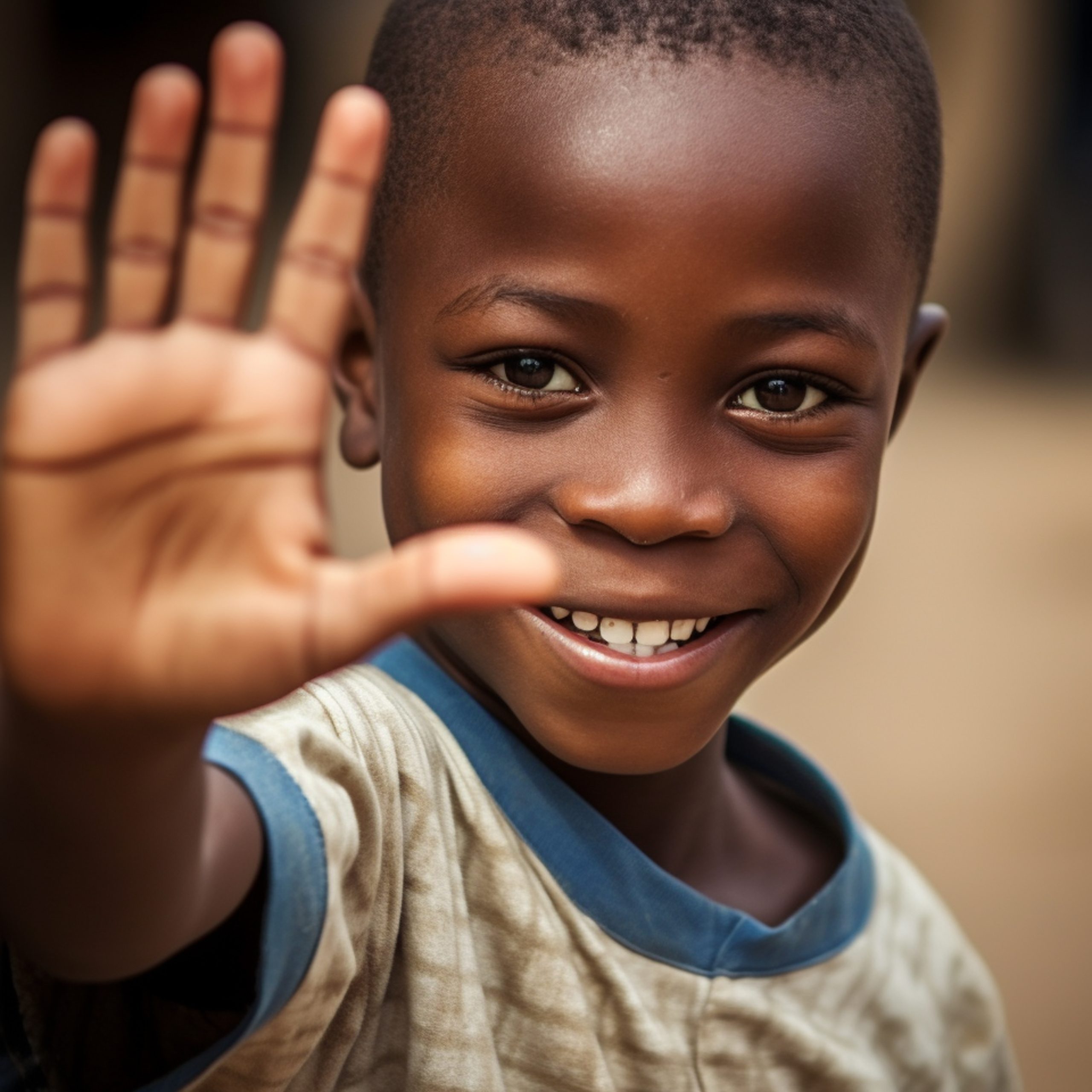Lever le voile sur la beauté cachée et la résilience de la RDC
En septembre, j’ai entrepris un voyage au cœur de la République démocratique du Congo (RDC), en commençant par Kinshasa au parc national de la Nsele, une aire protégée dédiée à la conservation de la flore et de la faune, jusqu’aux provinces de la Tshopo et de l’Équateur, au cœur de la forêt équatoriale. Au milieu des paysages sereins et de la biodiversité inégalée de ce pays pittoresque, j’ai découvert à la fois la beauté et les défis qui définissent la RDC.
Lorsque j’ai visité Nsele pour la première fois il y a quatre ans, il s’agissait d’un paysage de forêt sauvage avec des activités limitées. Cependant, beaucoup de choses ont changé depuis. Le parc national de la Nsele offre désormais un large éventail d’activités touristiques et sportives, ce qui en fait une destination qui met en valeur la beauté et la diversité du Congo. Cette petite zone développée m’a donné l’espoir qu’avec des investissements stratégiques, le reste du pays peut fournir les ressources nécessaires et les services de base à sa population.
Au cœur de Kinshasa, ce petit projet qui a vu le jour il y a quelques années s’est développé pour devenir un lieu d’évasion pour les Congolais et les touristes qui souhaitent visiter cette nature impeccable. Les petits lodges sous tentes vous permettent de vous asseoir au cœur de la nature, en privilégiant la sérénité et la paix de l’esprit après les heures de pointe au cœur de la ville de Gombe.
Mon voyage ne s’est pas terminé à Kinshasa. Après avoir entrepris un voyage d’affaires pour explorer les provinces de la Tshopo et de l’Équateur, il est devenu évident que l’environnement joue un rôle central dans la vie de ces communautés. Les provinces du Grand Équateur et de la Tshopo, dans le nord-ouest de la République démocratique du Congo, sont principalement constituées de vastes régions rurales et forestières, avec une population agraire qui dépend essentiellement des ressources naturelles. Elles regorgent de richesses naturelles et agricoles diverses, en particulier d’huile de palme. C’est dans ce contexte que nous avons eu l’occasion de découvrir Plantations et Huileries du Congo (PHC), en visitant deux de leurs usines et en traversant des milliers d’hectares de plantations.
Un exemple remarquable est celui de la grande concession d’une entreprise et de ses pratiques agricoles, qui ont rassemblé des communautés pour vivre en harmonie avec la terre. L’observation de leurs méthodes innovantes, mais primitives, telles que la technique créative de séparation du riz malgré des ressources limitées, a mis en évidence leur résilience et leur capacité d’adaptation.
L’histoire de la RDC, marquée par la guerre et la division, a jeté une ombre de misère sur le pays. Cependant, sous la surface se trouve une nation résiliente avec des paysages étonnants qui nourrissent un écosystème abondant.
À l’Équateur, j’ai personnellement fait l’expérience de la chaleur torride qui a mis à l’épreuve ma résilience, mais j’ai aussi été témoin de la façon dont les communautés locales ont fusionné organiquement avec la nature. Elles utilisent ses ressources pour construire leurs maisons, à l’aide de bambous et d’argile, et trouvent du réconfort dans les joies simples qui les unissent, même dans l’adversité.
Dans l’obscurité de la nuit, je me suis réjouie du rythme captivant de la rumba, les gens dansant passionnément sans les contraintes de l’accès à la civilisation moderne ou même de l’accès à l’électricité de base.
Libérer le potentiel de la RDC pour le développement durable
La RDC se trouve à un moment critique, au bord d’un nouveau conflit, alors qu’elle possède une richesse en minerais qui pourrait contribuer aux efforts mondiaux en matière d’énergie durable. Cependant, les bénéfices de cette richesse en ressources ont souvent échappé à la population locale, ne parvenant pas à générer des opportunités d’emploi substantielles. Cette situation peut être attribuée à un manque d’éducation et d’infrastructures fiables au fil des ans. Pour transformer le pays, il est essentiel de soutenir le développement des personnes et d’adopter des pratiques durables pour l’extraction des ressources.
Le potentiel inexploité de la RDC ne doit pas passer inaperçu. Soutenir le développement d’une main-d’œuvre qualifiée et favoriser une approche durable de l’extraction des ressources peut avoir un impact transformateur. En exploitant la richesse des ressources naturelles de la RDC et en responsabilisant ses communautés, nous pouvons ouvrir la voie à un avenir meilleur. Dans des secteurs tels que l’agriculture, le tourisme et l’industrie. La RDC est un pays très prometteur qui compte plus de 100 millions d’habitants.
Levons le voile de la désinformation et travaillons en collaboration pour créer un avenir où les paysages à couper le souffle, les cultures vivantes, les ressources inexploitées et l’incroyable biodiversité de la RDC s’épanouissent en même temps que le progrès et la prospérité.
Au milieu de ses défis, la RDC révèle une beauté et une résilience cachées. Mettons en lumière le potentiel remarquable de ce pays extraordinaire, en reconnaissant ses ressources naturelles et l’importance de l’autonomisation de ses communautés. Ensemble, nous pouvons dévoiler la véritable histoire de la RDC et œuvrer pour un avenir où ses habitants et son environnement prospèrent.



